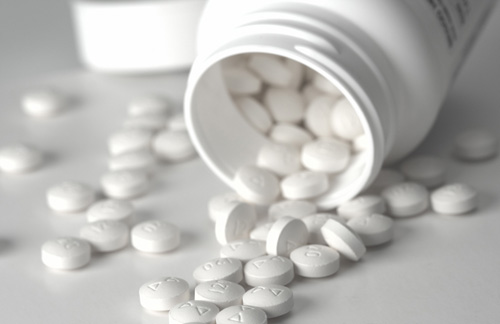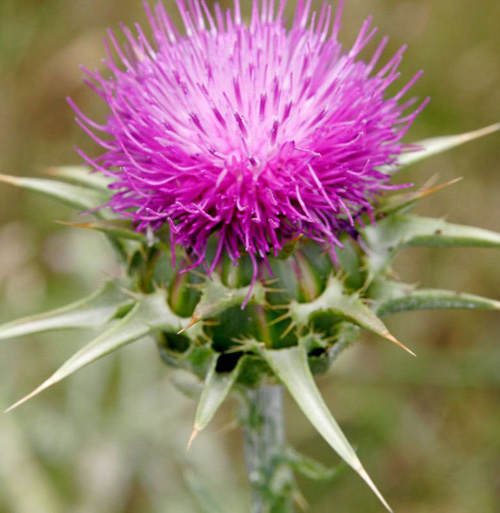Glutathione, or GSH, is found in every cell in the body and is also available as a supplement. There are many benefits to supplementing your diet with glutathione such as being used to treat chronic fatigue syndrome, some lung diseases, boost the immune system and has been used to treat HIV/AIDS and some cancers. Eating a healthy diet, high in fresh fruits and vegetables, allows enough glutathione to supplement the daily allowance of GSH. However, eating a poor diet, glutathione levels may be low and extra supplementation may be needed.
About Glutathione
Glutathione, or GSH, is a naturally occurring protein that protects every cell, tissue, and organ from toxic free radicals and diseases. The supplement contains three amino acids: glycine, glutamate (glutamic acid) and cysteine. GSH supplements contain a high concentration of cysteine and have many of the same proteins found in breast milk which enhances immune system function. Glutathione can help repair damaged cells caused by stress, radiation, pollution, infection and a host of other ailments. Throughout the stages of aging, cells begin to lose their ability to repair themselves and produce strong antioxidants. Benefiting your body with glutathione supplements increases levels of this naturally occurring antioxidant.
Glutathione As An Antioxidant
While vitamins C and E are the most well-known antioxidant supplements, because they neutralize free radicals, glutathione has the added benefit of being a powerful antioxidant because glutathione exists within the cell. Glutathione is found in every type of cell, including cells in the immune system. Glutathione helps to fight against disease, which is why proponents of the supplement suggest it works against cancer and other diseases.
Recommended Dosages of Glutathione
Research completed by the Physicians’ Desktop Reference suggests that taking glutathione orally does not work as well as taking the supplement through injection. Since this poses a host of problems, some doctors believe that taking the precursor molecules to glutathione, such as cysteine, is the best way to get the antioxidant in your system. The Physicians’ Desktop Reference recommends dosages of 10 to 20 grams a day of a cysteine molecule supplement is beneficial for good health and great immune system function. Patients who are ill with cancer or HIV/AIDS, should increase their intake to 30 to 40 grams per day. Checking further with a physician before taking the supplement will help to ensure safety.
Risks and Research
Per the Physicians’ Desktop Reference, glutathione has milk-based proteins that may affect those with milk or lactose allergies and they should avoid this supplement. Patients who have recently been diagnosed with cancer should consult with their physician before taking the supplement. This supplement may be best used as a preventive measure and not a cure-all.






